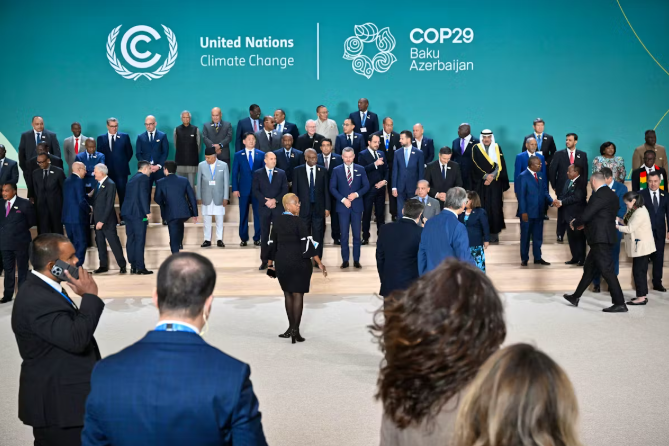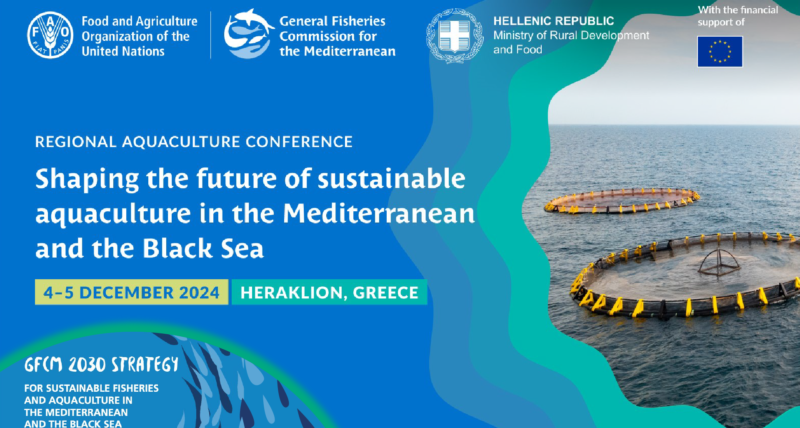The climate summit concludes with a mixed outcome. Developing countries will receive compensation far below their demands.
The 29th United Nations Climate Change Conference adopted several decisions, the main one requiring wealthy countries to finance 300 billion dollars per year by 2035 to support the energy transition and climate change adaptation in developing countries.
Here are the key points of the agreement:
A Disappointing Amount
How much will the 23 developed countries and the European Union, designated in 1992 as the historical culprits of climate change, have to provide to developing countries?
« At least 300 billion dollars per year by 2035, » the Baku Agreement states, setting this « new quantified collective goal » to replace the previous one of 100 billion dollars per year. This is half of what developing countries had demanded, and a much smaller effort when considering inflation, as criticized by NGOs.
The text specifies that the contribution from wealthy countries will come from their public funds, supplemented by private investments they mobilize or guarantee, or through « alternative sources, » which may include potential global taxes still under discussion (on large fortunes, aviation, or maritime transport).
These 300 billion dollars are meant to be the leverage to reach a total of 1.3 trillion dollars per year by 2035 for developing countries, according to the agreement. This figure corresponds to their external financing needs, as estimated by UN-appointed experts Amar Bhattacharya, Vera Songwe, and Nicholas Stern.
No Obligation for China
Western countries had called for expanding the list of nations responsible for climate finance, arguing that China, Singapore, and some Gulf countries have become wealthier since then.
But China, in particular, had drawn a red line: no question of altering this list. The Baku Agreement « invites » non-developed countries to make financial contributions, but these will remain « voluntary, » as explicitly stated.
The agreement does, however, include a new element: from now on, climate finance from non-developed countries provided through multilateral development banks can be counted towards the 300 billion-dollar target. Europeans have welcomed this development.
Concessions to More Vulnerable Countries
The 45 least developed countries (LDCs) and the group of about forty small island states briefly slammed the door on Saturday, complaining that they were neither heard nor consulted. However, they were ultimately convinced not to block the agreement.
They wanted a portion of the financial aid to be explicitly reserved for them, against the wishes of other African and South American countries. In the end, the agreement anticipates a tripling of the financing target by 2030, primarily public funds, channeled through multilateral funds where they are prioritized.
Minimal Progress on Fossil Fuel Exit
Any explicit mention of the « transition » away from fossil fuels, a key achievement of COP28 in Dubai, was removed in the finalization of the main texts, reflecting a « battle of all battles » with producing countries, according to a European negotiator.
Source : 20min




